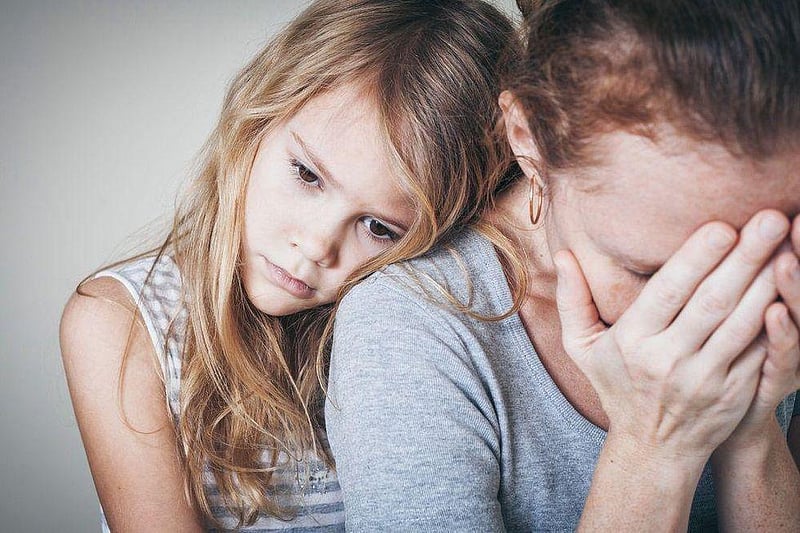If you are having trouble with our mobile app, you must remove and reinstall the app on your device.
Updating the app alone will not fix the issue. Your login will not be impacted. We sincerely apologize for this inconvenience.
Market Pharmacy is now G&G Pharmacy, conveniently located in Marketplace Foods on the corner of Hwy 2 & Broadway!
Same great staff and same great care!
Get Healthy!

- Posted August 16, 2021
Why Losing Someone to Violence Can Be Especially Tough to Get Over
It can take years for a survivor of a traumatic event to recover from the loss of a loved one, new research shows, but treating the symptoms of post-traumatic stress disorder (PTSD) early may help prevent what's called complicated grief.
"Grief is a normal response to the loss of someone close, but traumatic losses may severely harm survivors for years," said lead study author Kristin Alve Glad, a researcher at the Norwegian Centre for Violence and Traumatic Stress Studies.
"Complicated grief has been defined as a persistent, intense yearning, longing and sadness, usually accompanied by insistent thoughts or images of the deceased and a sense of disbelief or an inability to accept the painful reality of the person's death," Glad explained.
For the study, Glad's team interviewed survivors of a 2011 domestic terrorist attack on the island of Utøya, Norway, who lost someone close to them in the attack. Of the 275 study participants, 256 lost a close friend, six lost a family member and 13 lost both a close friend and a family member/partner.
The interviews were conducted at four to five months, 14 to 15 months and 30 to 32 months after the attack, and they showed that survivors with symptoms of PTSD were significantly more likely to also have symptoms of complicated grief.
Those who had early symptoms of PTSD a year after the attack had even greater symptoms of complicated grief years later.
The findings were published Aug. 16 in the journal Psychological Trauma: Theory, Research, Practice and Policy.
"The fact that we found that PTSD symptoms predicted complicated grief reactions at a subsequent time point, but complicated grief did not predict the development of PTSD, is interesting, because it suggests that targeting PTSD symptoms may hinder later development of complicated grief," Glad said in a news release from the American Psychological Association. "This may have important implications for clinicians working with bereaved trauma survivors."
The findings could apply to anyone who has lost a loved one/close friend in a traumatic event, according to Glad.
More information
The U.S. National Institute of Mental Health has more on PTSD.
SOURCE: American Psychological Association, news release, Aug. 16, 2021







